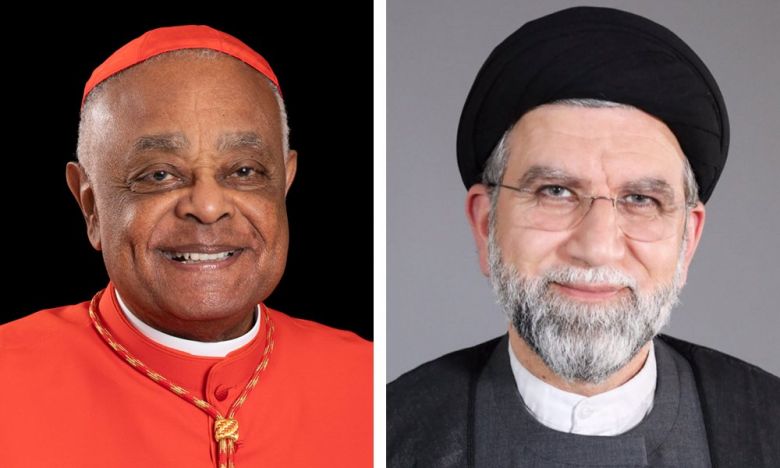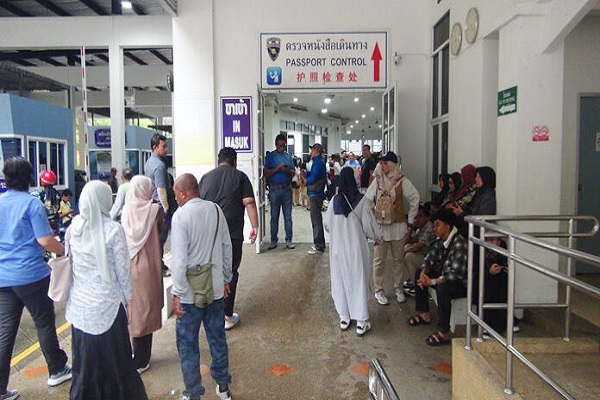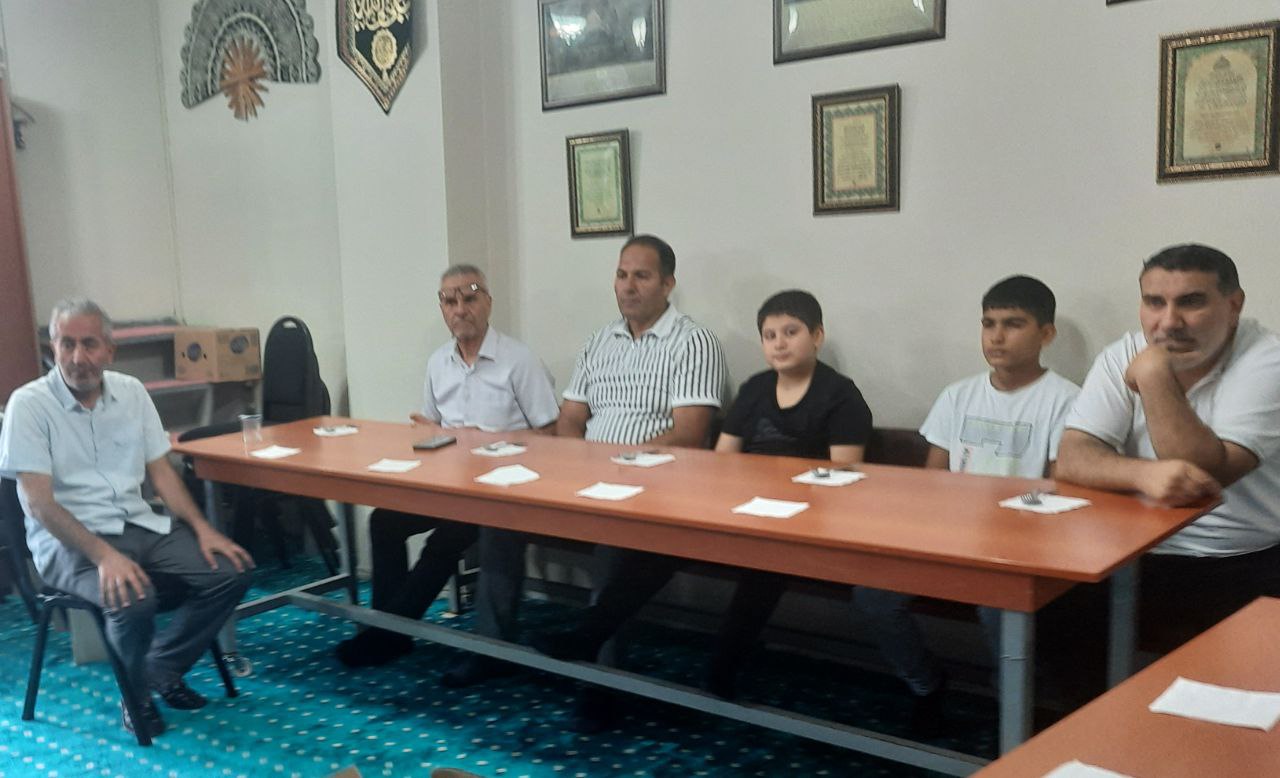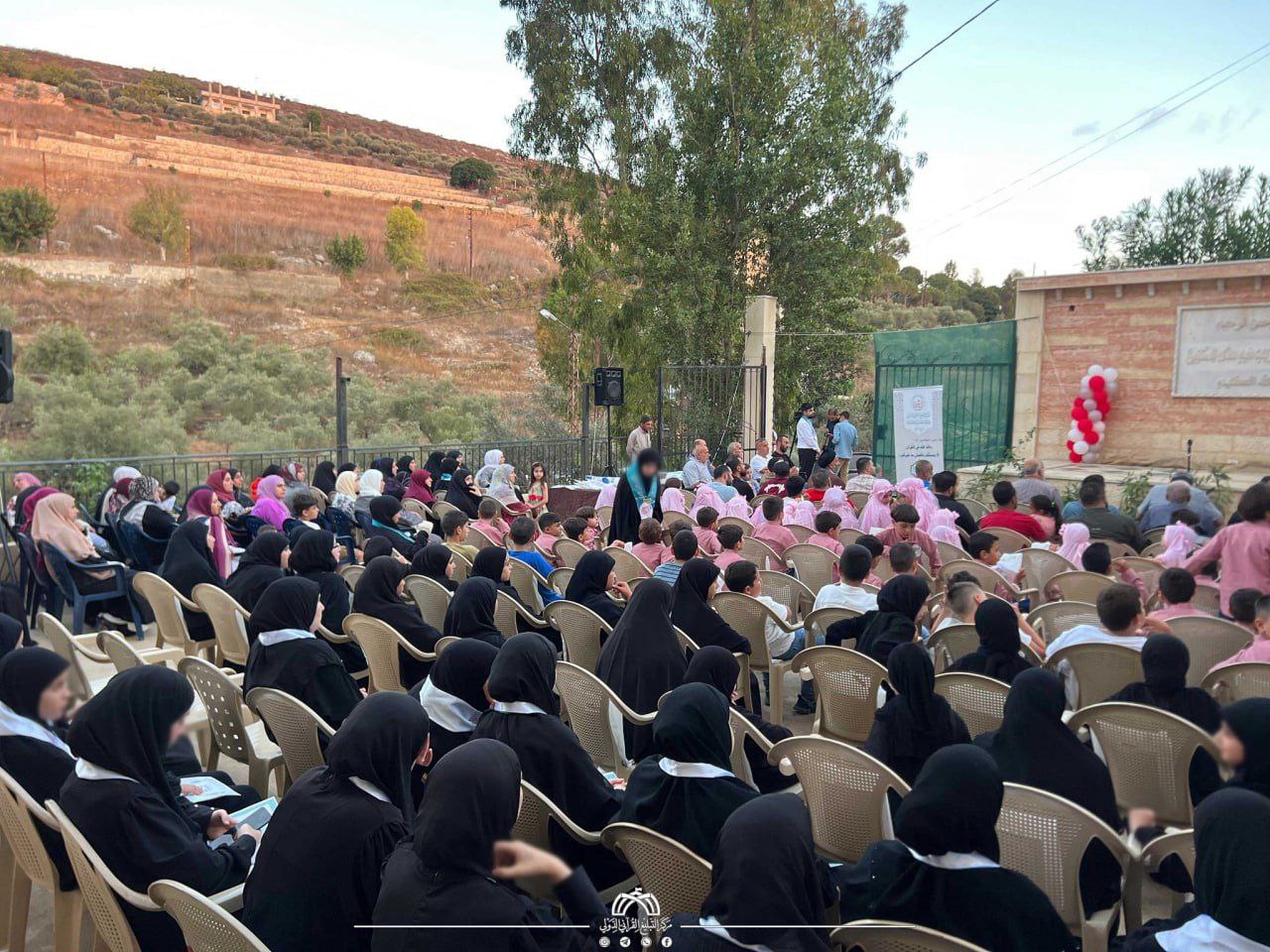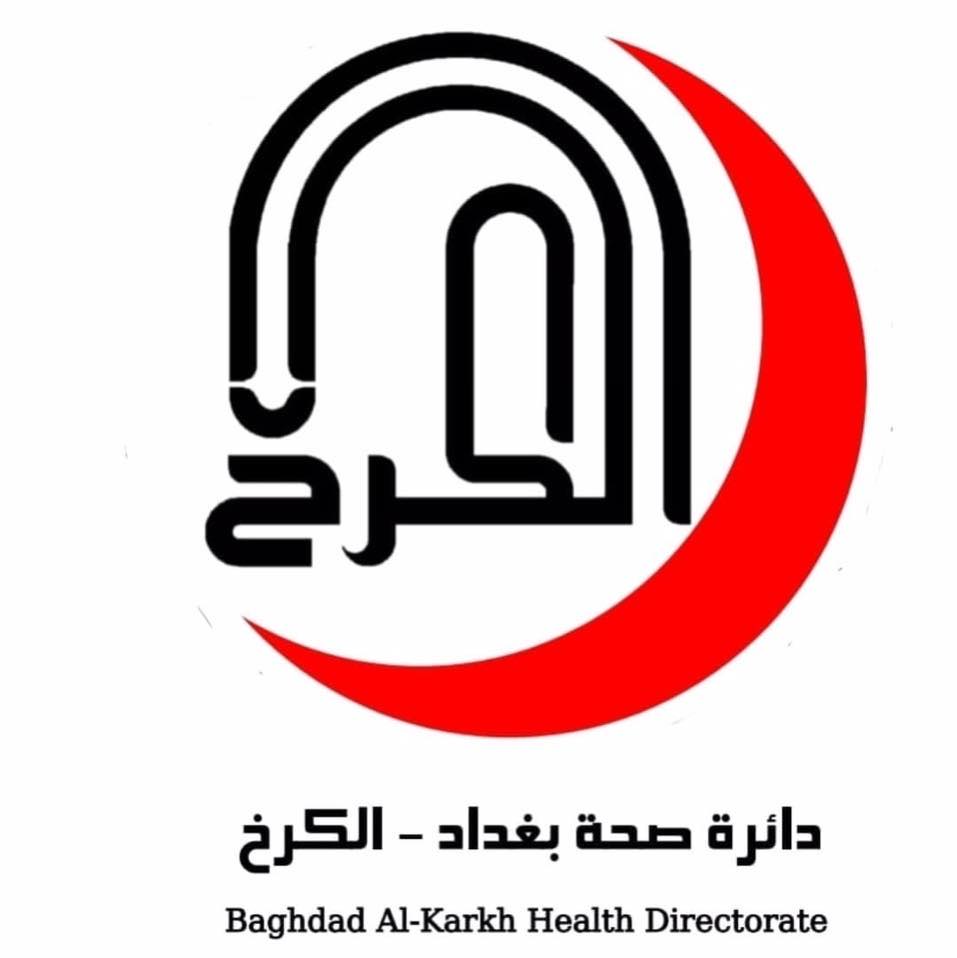Archbishop of Washington, D.C.: The meeting between the Pope and Sistani showed that peoples can work together in a spirit of dialogue
On Wednesday, Cardinal Wilton Gregory, Archbishop of Washington, D.C., and Sayyid M. B. Kashmiri, Representative of Grand Ayatollah Al-Sistani in the U.S., discussed Pope Francis's historic visit with Ayatollah Al-Sistani. That visit took place on 6 March, the second day of Pope Francis's three-day 'pilgrimage' to Iraq.
Sayyed Kashmiri characterized Pope Francis’s visit as “not only in support of peace but it was also a challenge to terrorism.” This is the aspect that has brought hope to Iraqis regardless of the minority they may belong to. Sayyed Kashmiri also said Al-Sistani’s perspective is that it is “important to keep minorities alive in Iraq” because all of these minorities contributed to the constructing the number of civilizations that have been present in Iraq over the millennia. Thus, the Iraqi’s “deserve such holy visits”, he said.
In a country such as Iraq "ravaged by conflict and war for many years”, Cardinal Gregory believes Pope Francis is tangibly demonstrating the type of dialogue he has been promoting for a long time. "Pope Francis went to visit Al-Sistani to create a relationship of dialogue and respect," the Cardinal said.
With this concrete demonstration from the Pope and the Grand Ayatollah that "people from different religious traditions can work together in dialogue and mutual respect", Cardinal Gregory suggested that Catholics and Muslims collaborate in the area of "works of charity." "Both religions place an emphasis on charitable work. This is where collaboration and dialogue can focus," he said.
